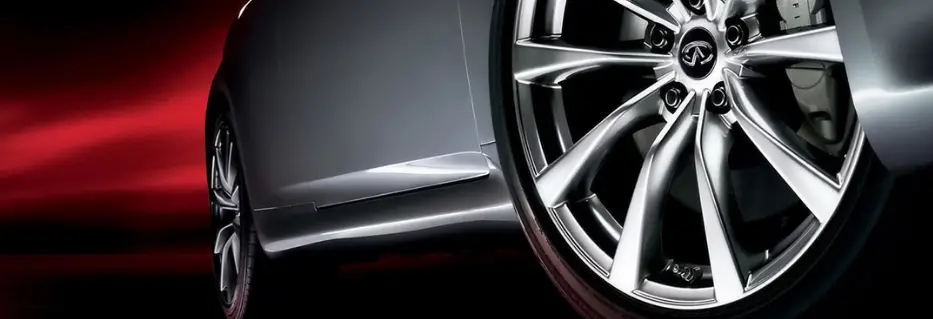Contents
Are car wheels worth upgrading? This is a question that has been asked by many car owners. It’s understandable why people are asking, since modern cars can come equipped with rims and tires of varying sizes and materials. Furthermore, replacing wheels often costs several hundred dollars or more, depending on the type of wheel chosen.
Does upgrading wheels make a difference?
It certainly can, but it depends on the type of wheel chosen and what type of performance you are looking for. In this article, we’ll explore the different types of car wheels available and discuss how they could improve your vehicle’s performance.
Alloy wheels
First, let’s look at alloy wheels. Alloy wheels are made from a combination of aluminum and other metals, which makes them lighter and less vulnerable to rust. These wheels are often attractive, as they come in a variety of colors and sizes.
Alloy wheels can provide several benefits: improved fuel economy due to their lighter weight; improved handling due to their higher stiffness; and reduced vibration at high speeds. However, alloy wheels are also more expensive than their steel counterparts.

Steel wheels
Next, let’s look at steel wheels. Steel wheels are made from a combination of iron and carbon. They are heavier than alloy wheels, but more resistant to damage from road debris or potholes. Furthermore, they can be less expensive than alloy wheels and often come with tire packages that offer better grip in wet or icy conditions.
Carbon fiber wheels
Finally, let’s consider carbon fiber wheels. Carbon fiber wheels are made from a combination of carbon fibers and resins that make them incredibly light yet strong. They can be expensive, but they provide excellent performance benefits such as improved acceleration, handling, and braking.
What are the pros and cons of upgrading wheels?
Pros
- Improved performance due to lighter weight and better handling.
- Improved fuel economy due to reduced weight of the wheel.
- Increased aesthetic appeal with attractive designs and colors.
- Reduced vibration at high speeds due to increased stiffness of the wheel.
Cons
- Expensive cost compared to steel wheels.
- More susceptible to damage from curbs, potholes and road debris due to their lighter weight.
Is it worth getting aftermarket wheels?
Whether or not it is worth getting aftermarket wheels depends on your budget and what type of performance you are looking for. If you have the money to spend, then aftermarket wheels can provide excellent performance benefits and improved aesthetic appeal. However, if you are working with a tighter budget, steel wheels may be more suitable as they offer better durability and cost less.
Conclusion
Upgrading your car wheels is a decision that should be made based on your budget, performance goals, and personal style. Alloy wheels are often the most attractive choice for their variety of colors and styles, but they come with a hefty price tag. Steel wheels offer good durability and performance at a lower cost, while carbon fiber wheels provide superior performance benefits but are the most expensive. Ultimately, the decision is yours to make, but it’s worth considering all of your options before committing to a purchase.